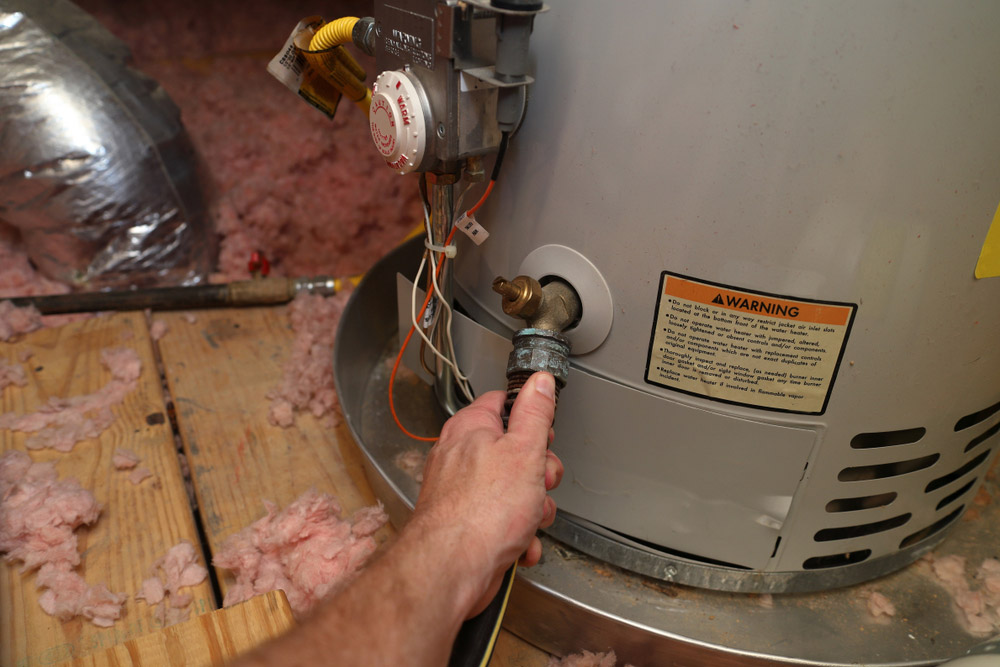Water softener systems have become increasingly popular in San Diego homes, especially due to the hard water commonly found across Southern California. These systems help prevent scale buildup, improve appliance efficiency, and make cleaning easier. But a growing number of homeowners are asking: Are water softeners damaging water heaters?
As one of the most trusted plumbing companies in San Diego, Fox Plumbing—rated highly on Google, BBB, and Yelp—has seen both the benefits and drawbacks of water softener systems. With over 40 years of experience, we’ve helped thousands of residents understand how to balance water treatment with plumbing system longevity.
Let’s explore whether your water softener could be harming your water heater—and what you can do about it.
Water softeners remove calcium and magnesium—two minerals responsible for water hardness—by exchanging them with sodium or potassium ions through a process called ion exchange. The result is “soft” water that prevents scale buildup in pipes and appliances.
This process offers many advantages:
But what about your water heater?
Water heaters are one of the biggest investments in your home’s plumbing system. If not properly maintained, they can develop internal problems—some of which may be aggravated by soft water.
Soft water is more corrosive.
When minerals are removed from hard water, the softened water becomes more aggressive toward metal surfaces. This can cause the anode rod (a component inside your water heater that protects the tank from rust) to corrode faster.
Accelerated anode rod degradation means your water heater’s tank may begin to rust prematurely once that rod is gone.
Shortened water heater lifespan.
A typical water heater might last 10–15 years. But with aggressive soft water and poor maintenance, corrosion can shorten this by several years—especially if the anode rod isn’t replaced regularly.
Increased sediment and salt buildup.
If the softener system isn’t calibrated properly, excess salt can enter the plumbing system and contribute to sediment in the bottom of the water heater tank, reducing efficiency and heating performance.
Signs your water heater may be affected:
If your water heater is less than 5 years old and you’re already seeing these signs, your soft water system may be accelerating corrosion inside the tank.
Switch to an aluminum/zinc alloy anode rod if you use a water softener. These are more resistant to corrosion than standard magnesium rods.
Flush your water heater at least once a year (twice if you have hard water or a softener). This clears out sediment and salt buildup that can damage your tank and heating elements.
Work with a professional plumber to calibrate the system so it’s not over-softening your water and pumping in excess salt.
These electric systems can last longer and offer better protection against corrosion—especially in homes with water softeners.
Have a licensed plumber inspect your water heater and softener system annually. Catching corrosion early can prevent major repairs or replacements.
Protect your water heater. Call Fox Plumbing today and let’s make sure your soft water system is doing more good than harm.


